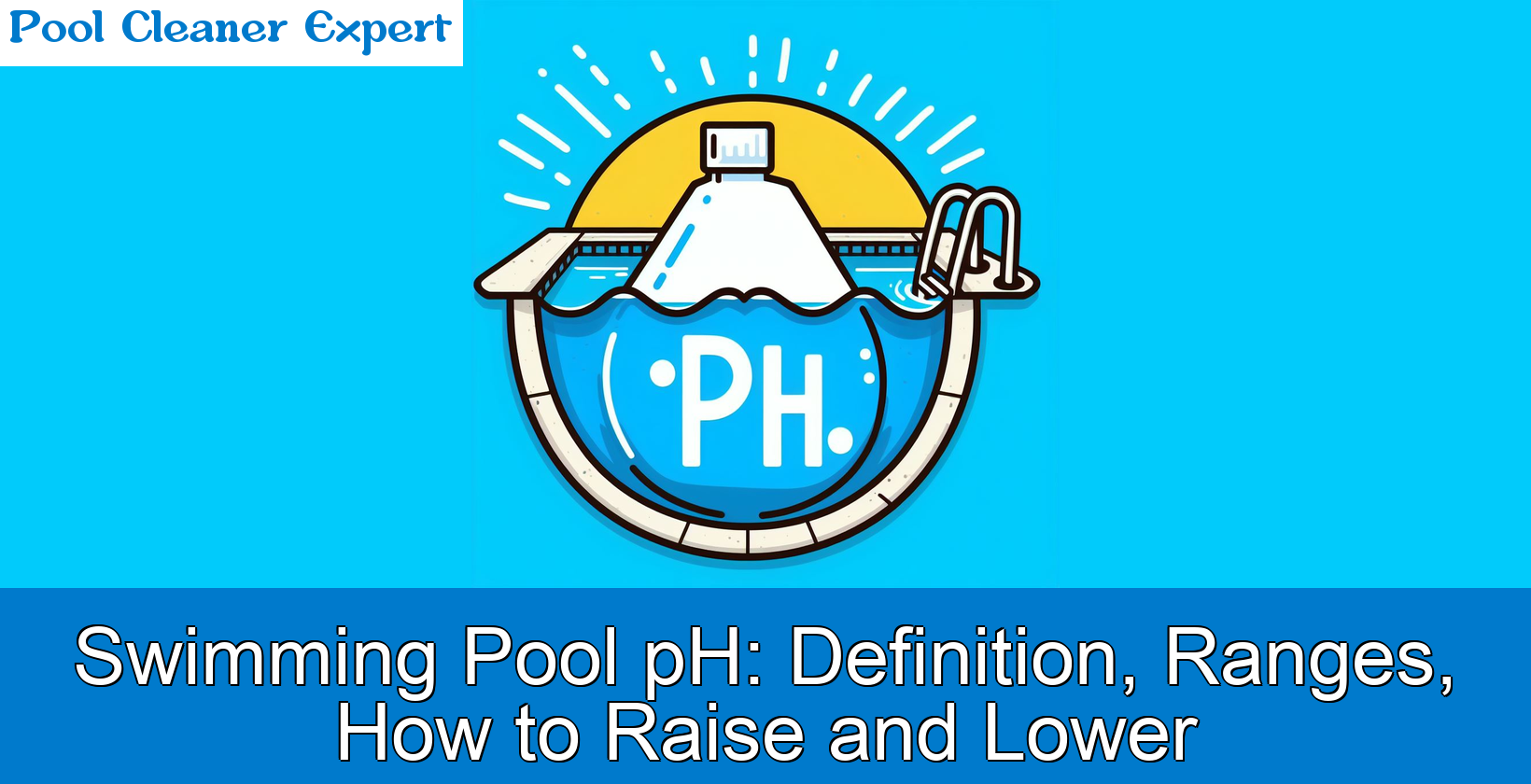Category: Water Balance
-
How to Lower Pool pH in 3 steps
A high pH level in pool is considered to be anything above 7.8. A high pH level in the pool water indicates the pool water is too alkaline, reducing the effectiveness of chlorine, causing skin irritation, excessive cloudiness in the water, and scale buildup. If the pool water pH is higher than 8, anyone who…
-
Pool shock: Definition, Types, Steps
Pool shock is a process that involves adding chlorine or non-chlorine pool chemicals to the water to raise the “free chlorine” level. The aim is to increase the “free chlorine” level to a point where contaminants such as algae, chloramines, and bacteria are destroyed. The pool shock is a high dose of chlorine meant to…
-

Saturation Index in Pools: All You Need to Know
The Saturation Index (SI) is a method used to determine if water will deposit or dissolve calcium carbonate. It considers five balance factors: pH, total alkalinity, calcium hardness, temperature, and total dissolved solids. Sequestering agents enhance the solubility of calcium carbonate, reducing scale formation and potentially shifting the balance point of the SI to a…
-

What is Pool Temperature: All You Need to Know
Temperature is a physical factor that affects water balance. It becomes significant under extreme conditions, such as in spas with high water temperatures (up to 104°F). Temperature is also a factor represented in the Saturation Index, which affects water chemistry. Temperature influences the growth of algae in pool water and affects the readings of ORP.…
-

Borate in Pools: All You Need to Know
Borate refers to the borate ion [B(OH) –], which is a form of the chemical element boron. Borate is found in various fruits, vegetables, seawater, and saline lakes, and is also produced from boric acid, a salt known as sodium tetraborate pentahydrate. Borate is used in the pool industry for pH buffering, algae prevention, lowering…
-

Muriatic Acid in Pools: Definition, Levels, Testing
Muriatic acid is another name for hydrochloric acid. Hydrochloric acid (HCl) is a compound produced under several conditions: when hypochlorous acid (HOCl) is used in an oxidation reaction; after HOCl has completed the process of eliminating organisms; or when chlorine is degraded by sunlight. The amount of acid produced is nearly equal to the amount…
-

Cyanuric Acid in Pools: Definition, Levels, Testing
Cyanuric acid is a conditioner and stabilizer for pools. Also known as 2,4,6-trihydroxy-s-triazine, it is a white, granular solid chemical that reduces chlorine loss due to ultraviolet rays from sunlight. Cyanuric acid is not toxic and does not significantly penetrate the skin. It is used in commercial or public swimming pools in the U.S. up…
-

Total Dissolved Solids (TDS) in Pools: All You Need to Know
Total Dissolved Solids (TDS) refer to the total weight of all soluble matter in the water. This includes everything that has dissolved in the water and remained, such as minerals, cyanurates, chlorides, suntan lotion, dirt, and other substances like hardness, alkalinity, sodium, sulfates, salts. TDS are estimated by measuring the water’s electrical conductivity, which increases…
-

Calcium Hardness in Pools: All You Need to Know
Calcium hardness refers to the amount of dissolved calcium and magnesium in the water. The water collects these minerals as it passes over soil and rocks along its journey from its source to the tap. The hardness level of water depends on the type of rocks and soil it flows over. For instance, water flowing…
-

Swimming Pool Alkalinity: Definition, Ranges, How to Raise and Lower
Total alkalinity is a measure of the total amount of alkaline materials dissolved in the water. Total alkalinity acts as a pH buffer, preventing the pH from decreasing. Total alkalinity indicates the water’s resistance to pH change and its ability to neutralize acid. It is also a measure of the soluble minerals present in the…
-

Swimming Pool pH: Definition, Ranges, How to Raise and Lower
The pH of pool water is a crucial aspect of pool and spa care. The term “pH” stands for power (mathematical) and hydrogen, and it indicates how acidic or basic a solution is. The ideal pH for pool water is considered to be 7.5, as this level prevents most water balance problems and is in…
-

Water Balance in Pools: All You Need to Know
Water balance refers to the process of maintaining optimal conditions in a body of water, such as a pool or spa, by managing various parameters. These parameters include pH, Total Alkalinity, Calcium Hardness, Temperature, TDS (Total Dissolve Solids), Cyanuric Acid (Conditioner or Stabilizer), and Borate pH buffer. A pool is considered “in balance” when these…









